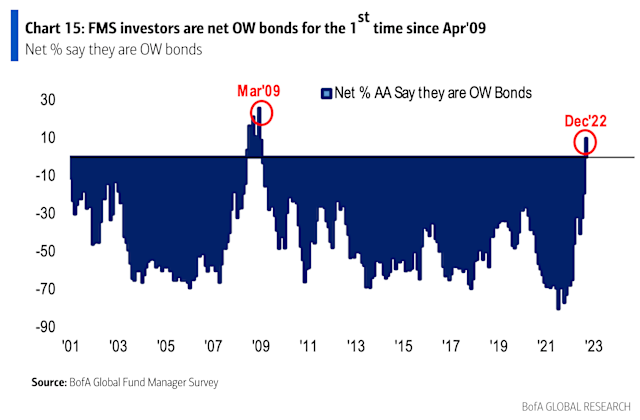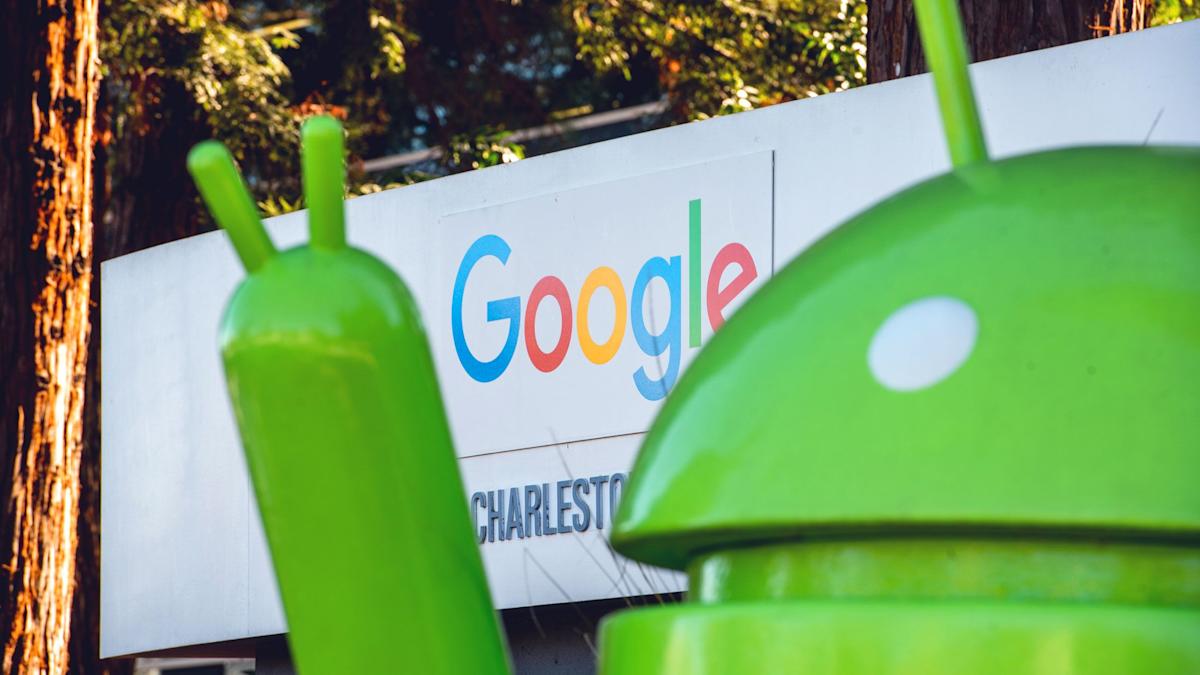Google Search Monopoly: DOJ And Google To Clash In Court Again

Table of Contents
The Department of Justice's Case Against Google
The DOJ's lawsuit against Google alleges a systematic campaign to maintain its Google Search Monopoly through anti-competitive practices. This isn't the first time Google has faced such accusations; previous antitrust actions have hinted at the scale of the challenge. This case, however, promises to be more comprehensive and impactful.
Specific Allegations
The DOJ's claims center on Google's actions to stifle competition:
- Pre-installation agreements: Google allegedly uses lucrative deals to ensure its search engine and other apps are pre-installed on Android devices, effectively locking out competitors. This prevents users from easily choosing alternative search engines.
- Payments to mobile carriers and manufacturers: The DOJ claims Google pays substantial sums to mobile carriers and device manufacturers to make Google Search the default search engine, preventing users from easily switching. This creates a significant barrier to entry for competitors.
- Restricting competitor access: Google is accused of restricting competitors' access to crucial data and advertising platforms, giving itself an unfair advantage in the market. This limits the ability of rivals to compete effectively.
Evidence Presented
The DOJ's case relies on a substantial amount of evidence, including internal Google documents, expert testimony, and market analysis. Specific examples of these pre-installation agreements and payments to maintain its dominant position are expected to be central to the prosecution's case.
Potential Penalties
If found guilty, Google faces significant penalties. These could include substantial fines, forced divestiture of assets (potentially spinning off parts of its business), and structural remedies designed to increase competition in the search market. The potential outcome carries substantial financial and reputational risks for the tech giant.
Google's Defense Strategy
Google is expected to mount a robust defense against the DOJ's allegations, aiming to discredit the claims and portray itself as a benevolent innovator that benefits consumers.
Arguments Against Monopoly Claims
Google's defense will likely center on the following arguments:
- Superior Products: Google will argue its products and services, including Google Search, are superior and preferred by consumers based on merit, not anti-competitive practices.
- Consumer Benefits: Google will emphasize that its practices ultimately benefit consumers by providing free and readily available information and services.
- Misinterpretation of Market Dominance: Google might challenge the DOJ's definition of market dominance, arguing that the market is more dynamic and competitive than the government suggests.
Google's Counterarguments
It’s possible Google may launch counter-claims, accusing the DOJ of misinterpreting evidence or pursuing an overly aggressive antitrust strategy. Such counter-arguments could deflect criticism and further complicate the legal proceedings.
Google's Public Relations Strategy
Google is actively managing public perception through proactive media relations and public statements. They're emphasizing their commitment to innovation and user experience, attempting to counter the negative narrative surrounding the lawsuit.
Implications for the Tech Industry and Consumers
The outcome of the DOJ vs. Google case will have far-reaching consequences.
Impact on Competition
A ruling against Google could significantly reshape the competitive landscape of the search engine market and the broader tech industry. It could encourage more innovation and give smaller competitors a better chance to thrive. Conversely, a victory for Google could reinforce its dominance and potentially stifle future competition.
Effects on Consumers
The decision could affect consumers in several ways: changes in search results (potentially less relevant results if Google is forced to alter algorithms), access to information (restrictions could hinder access to certain websites or information), and online advertising (potential changes to pricing and targeting).
Precedent for Future Antitrust Cases
This case will set a significant precedent for future antitrust cases against large technology companies. The ruling will influence how regulators approach similar issues of market dominance and anti-competitive behavior in the tech sector.
Past Precedents and Similar Cases
Understanding the context of this case requires examining past antitrust actions.
Relevant Historical Cases
The current case builds upon a history of antitrust concerns regarding major tech companies. Past lawsuits, both successful and unsuccessful, have provided a framework for legal arguments and regulatory approaches to addressing monopolies.
Comparison with other Antitrust Lawsuits
The DOJ's case against Google shares similarities with other recent antitrust lawsuits targeting major technology companies, particularly concerning issues of market dominance, data collection, and anti-competitive practices. These cases collectively shape the ongoing debate about the role of antitrust law in regulating powerful technology firms.
Conclusion: Google Search Monopoly: What's Next?
The DOJ's lawsuit against Google represents a critical moment in the ongoing debate about Google's search dominance and its impact on competition and consumers. The case's outcome will significantly affect the tech industry's future, setting a precedent for how antitrust laws are applied to powerful tech giants. The potential penalties are substantial, and Google's defense strategy will be closely scrutinized. The implications for consumers, ranging from alterations in search results to potential shifts in online advertising, are considerable. This “Google Search Monopoly” case warrants continued attention as it unfolds, significantly impacting the digital landscape. Stay informed about the developments in this landmark antitrust litigation against Google and the future of Google Search. Understanding the ongoing battle over Google's search dominance is crucial for navigating the ever-evolving digital world.

Featured Posts
-
 Are High Stock Market Valuations A Concern Bof A Weighs In
Apr 22, 2025
Are High Stock Market Valuations A Concern Bof A Weighs In
Apr 22, 2025 -
 A Conclave Of Change Pope Franciss Lasting Impact
Apr 22, 2025
A Conclave Of Change Pope Franciss Lasting Impact
Apr 22, 2025 -
 Private Credit Jobs 5 Dos And Don Ts For A Successful Application
Apr 22, 2025
Private Credit Jobs 5 Dos And Don Ts For A Successful Application
Apr 22, 2025 -
 Papal Conclave How The Catholic Church Chooses Its Next Leader
Apr 22, 2025
Papal Conclave How The Catholic Church Chooses Its Next Leader
Apr 22, 2025 -
 Is Google Facing Its Biggest Threat Yet A Potential Breakup
Apr 22, 2025
Is Google Facing Its Biggest Threat Yet A Potential Breakup
Apr 22, 2025
